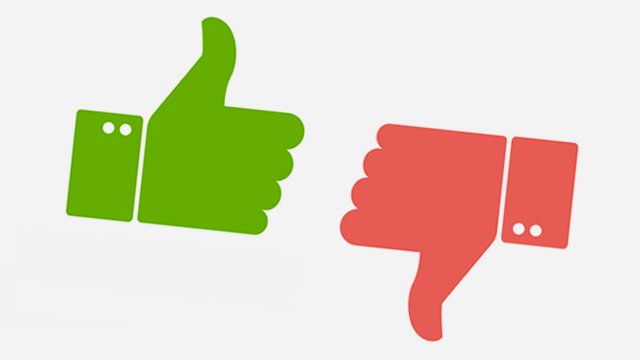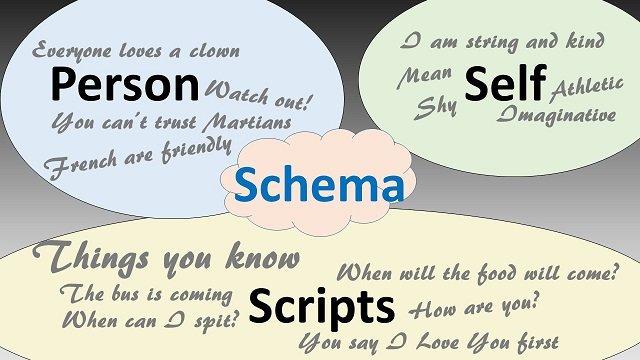Affective States Significantly Influence A Person's Social Cognition
Affective States Significantly Influence A Person's Social Cognition

Image Source
Try to recall a period when you were in a positive mood when you were acquainted with another person versus a period you were in a negative mood. The odds are that you made more positive assessments than you did when you met a man when you were feeling awful. Don't new places likewise regularly appear to be better when you visit them in a decent mood?
The impacts of mood on the individual's social cognition appear to stretch out to their judgments about thoughts, with positive mood connected to more positive examinations than neutral mood. Positive moods may even lessen negative emotions toward others. Mood states are likewise great determinants of a man's present judgments about their wellbeing.
Affect heuristic works by a procedure called attribute substitution, which occurs without cognizant mindfulness. When some individual influences a judgment about an object to attribute that is extremely mind-boggling to compute, the general appropriateness of a candidate for a job, that individual tends to substitute these estimations for a simpler heuristic attribute, for instance, the amiability of a candidate.

Image Source
A man cognitively manage troublesome social judgments by supplanting them with less demanding ones, without monitoring this incident. To come back to the decision of job applicant, instead of attempting to achieve a judgment in light of the unpredictable inquiry of which candidate would be the best one to choose, given their past encounters, future potential, the requests of the position, the hierarchical culture, et cetera, a man construct it in light of the considerably more straightforward inquiry of which candidate do he like the most.
Impact of affective states to a man's social judgments have seen from numerous points of view. There are other, more circuitous means by which this can happen, as well. Affecting the content of the individual's social judgments, their moods can likewise affect the kinds of cognitive systems that a man use to make them. Current mood can impact the propensity to utilize more automatic versus controlled reasoning about the social universes.
There are some proof that being in a happy mood can really make individuals more inclined to depend on cognitive heuristics than on more effortful techniques. There are likewise signs that encountering certain negative affective states can make people make more stereotypical judgments of others, contrasted and people who are in a neutral mood. Being specifically affective states may additionally improve the probability of a man depending on heuristics, and these procedures effectively affect the social judgments.

Image Source
Affect may likewise impact the social judgments in a roundabout way by impacting the kind of data that a man draws on. Mood can affect both the sort and force of the schemas that are active specifically circumstances. At the point when in an angry mood, a man may find that schemas identifying with that feeling are more active than those identifying with other affective states, and these schemas will thus impact social judgments.
Notwithstanding affecting schemas, the mood can likewise make us recover specific kinds of memories that he at that point use to direct their social judgments. Mood subordinate memory depicts a propensity to better recall data when current mood coordinates the mood he has when he encoded that data.
When that man initially took in the data while encountering positive affect, he will tend to think that it's less demanding to recover and after that utilization it. So also, mood harmoniousness impacts happen when a man is more ready to recover memories that match their present mood. Have you at any point seen, for instance, that when you are feeling pitiful, those miserable memories appear to come more promptly to mind than happy ones?

Image Source
References:
Affective States
Affective and Causes and Consequences of Social Information Processing
Positive Mood, Attribution, and the Illusion of Familiarity
Social Cognition
Does a Happy Mood Really Lead to Mindlessness?
Moods and Emotions in Our Social Lives
Attribute Substitution
Posted from my blog with SteemPress : https://steemme.000webhostapp.com/2018/08/affective-states-significantly-influence-a-persons-social-cognition
Great informational article. The environment and situations can affect our mood and how we deal with the same person in different ways due to our mood. I have recently encountered with this mindful mediation where we start the day thinking about positive things and saying positive things. Starting it right before we start our daily routine can be a great way to start!